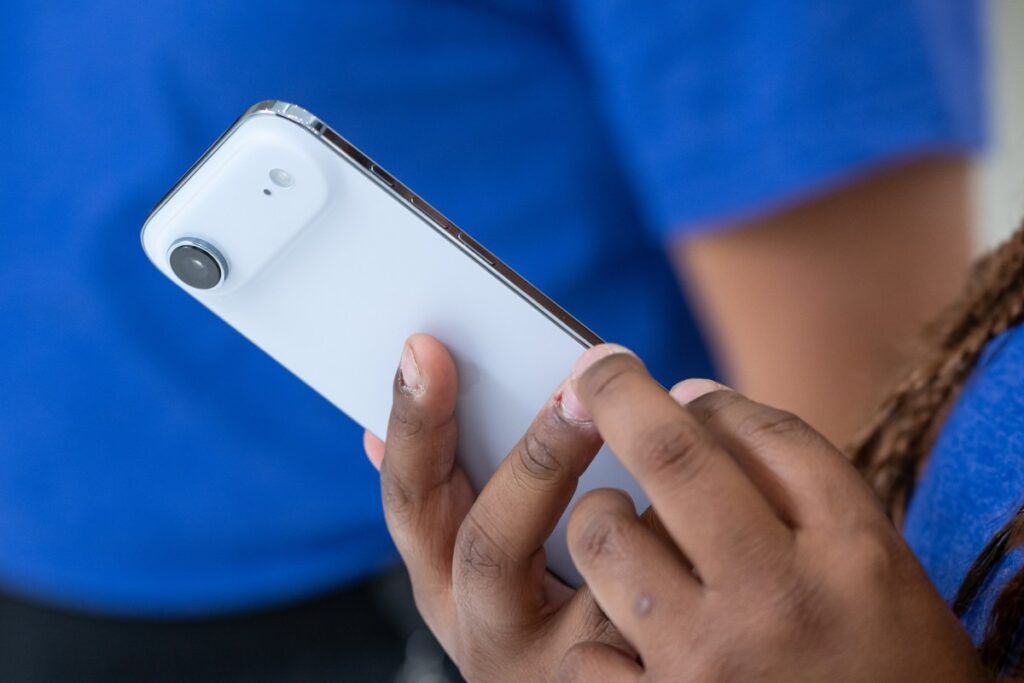
UPDATE: Apple has just unveiled a groundbreaking security feature that elevates the protection of its latest iPhone 17 and iPhone Air devices against spyware and surveillance tools. This urgent announcement comes amidst a flurry of innovations revealed by the tech giant, emphasizing its commitment to user safety.
The new technology, dubbed Memory Integrity Enforcement (MIE), is specifically designed to thwart the memory corruption vulnerabilities that spyware developers often exploit. According to Apple, these vulnerabilities have been a critical entry point for mercenary spyware targeting its devices.
Cybersecurity experts are already heralding MIE as a potential game-changer in mobile security. One researcher stated, “The iPhone 17 is probably now the most secure computing environment on the planet that is still connected to the internet.” This development is likely to complicate the operations of companies developing spyware and zero-day exploits aimed at infiltrating mobile devices.
The implementation of MIE means that the cost and time required to create exploits for the new iPhones will significantly increase. A senior researcher involved in developing and selling zero-day exploits noted, “This is a huge deal… it raises the stakes the most.” While no system is entirely hack-proof, MIE is positioned as the closest solution available.
Experts agree that MIE will effectively reduce the effectiveness of remote hacks, including those executed with notorious spyware like NSO Group’s Pegasus. Additionally, it will bolster defenses against physical hacks performed with devices like Cellebrite or Graykey, which are often used by law enforcement.
MIE operates by assigning a unique secret tag to each section of an iPhone’s memory. Only apps with the correct tag can access the memory, meaning unauthorized attempts will trigger a crash and alert security teams. This innovative approach aims to minimize the attack surface available to hackers.
According to Halvar Flake, an expert in offensive cybersecurity, memory corruptions represent a vast majority of exploits. MIE is built on technology originally developed by Arm, and Apple has taken steps to enhance these safety features, resulting in what many are calling the most secure mainstream devices available today.
While Apple’s MIE will be activated by default system-wide, third-party applications will need to implement this feature independently to maximize user protection. The potential impact of this security enhancement hinges on how quickly developers and consumers adopt the new iPhones.
Despite the promising advancements, cybersecurity experts caution that malicious actors will continually adapt. “There are going to be plenty of bad actors that can still find success and sustain their business,” said Matthias Frielingsdorf, vice president of research at iVerify.
With the launch of MIE, Apple is sending a clear message: it is serious about securing its devices against the growing threat of spyware. As consumers anticipate the new iPhones, the urgency for enhanced security has never been clearer.
Stay tuned for further updates as more details emerge about the implementation and effectiveness of this revolutionary security feature.




